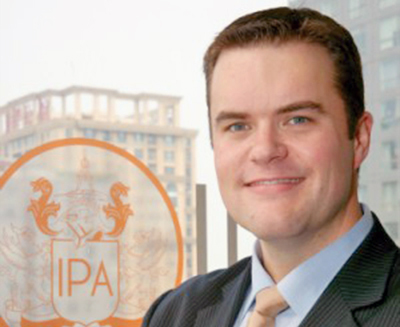Committee scans the future of retail
THE House of Representatives Industry, Innovation, Science and Resources Committee will hold a roundtable public hearing tomorrow as part of its Internet Competition inquiry. The public hearing will feature Data61, the CSIRO’s digital innovation group, and Professor Marek Kowalkiewicz, the PwC Chair in Digital Economy at the Queensland University of Technology (QUT).
Data61’s expertise is in digital technologies and data analytics and it provides research and advisory services to businesses, universities, and government agencies. The PwC Chair in Digital Economy is a joint venture between QUT, PwC, Brisbane Marketing, and the Queensland Government that undertakes research into the digital economy and aims to help businesses develop their digital capabilities.
Acting Committee Chair Luke Gosling OAM, MP said that the Committee will be discussing with Data61 and Professor Kowalkiewicz emerging trends in the digital economy and their implications for small Australian businesses.
‘The popularity of online shopping means that many small Australian retail businesses are facing increasingly intense competition from global internet retailers,’ Mr Gosling said.
‘For Australian businesses this increased competition is a significant challenge but, on the other hand, online shopping also provides small retailers with a great opportunity to sell their products directly to consumers across the globe. The Committee is investigating how the Government can assist small business to make the most of the opportunities presented by the digital economy.’
Public hearing details: 10.45am – 12.00pm, Wednesday 28 February, Committee Room 1R4, Parliament House, Canberra
The hearing will be broadcast live at aph.gov.au/live
Interested members of the public may wish to track the committee via the website.
ends
- Created on .

 How to resolve AdBlock issue?
How to resolve AdBlock issue? 